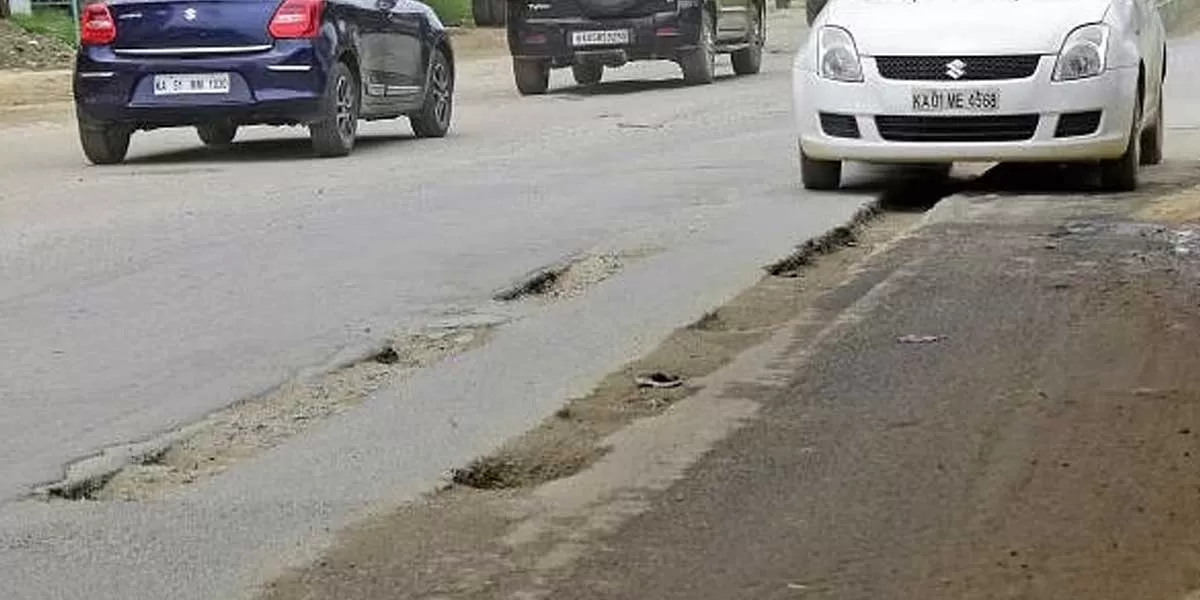The report, completed in just three months, has been criticised for including traffic volume data from two cities in Maharashtra while discussing traffic patterns in Bengaluru. A specific section of the report, which analyses traffic volumes at Malur Road, Guttahalli Main Road, and NR Road, mentions traffic characteristics between Malegaon and Nashik, prompting concerns of a "copy-paste" job.
The report stated that nine cordon points had been identified to understand the traffic characteristics in the study area, followed by a detailed account of traffic flow and counts at various junctions. However, the inclusion of traffic data from cities far from Bengaluru has led to questions about the validity of the entire report.
The tunnel project, which is estimated to cost Rs 126.90 billion, aims to alleviate traffic congestion between the two key junctions, Hebbal and Silk Board. The proposed tunnel is designed to reduce travel time from 90 minutes to just 20 minutes, with three intermediate ramps at Mekhri Circle, Racecourse, and Lalbagh, improving connectivity along the North-South Corridor.
Karnataka’s Deputy Chief Minister DK Shivakumar, who has been advocating for the project as part of his “Brand Bengaluru” initiative, believes the tunnel will significantly reduce traffic congestion, particularly at the busy Hebbal and Silk Board junctions.
In addition to the DPR, the BBMP had also commissioned a feasibility study for the same corridor from Altinok Consulting at a cost of Rs 40.7 million.
The report’s quick turnaround, completed in just three months, raised concerns among observers, as DPRs typically take nine months to a year to prepare. For comparison, the DPR for Bengaluru Metro’s 37-km Hebbal-Sarjapur corridor, prepared by RINA Consulting at a cost of Rs 10.5 million, took a full year to complete. This stark difference in both cost and timelines has further fuelled scrutiny regarding the planning process of the tunnel project.


